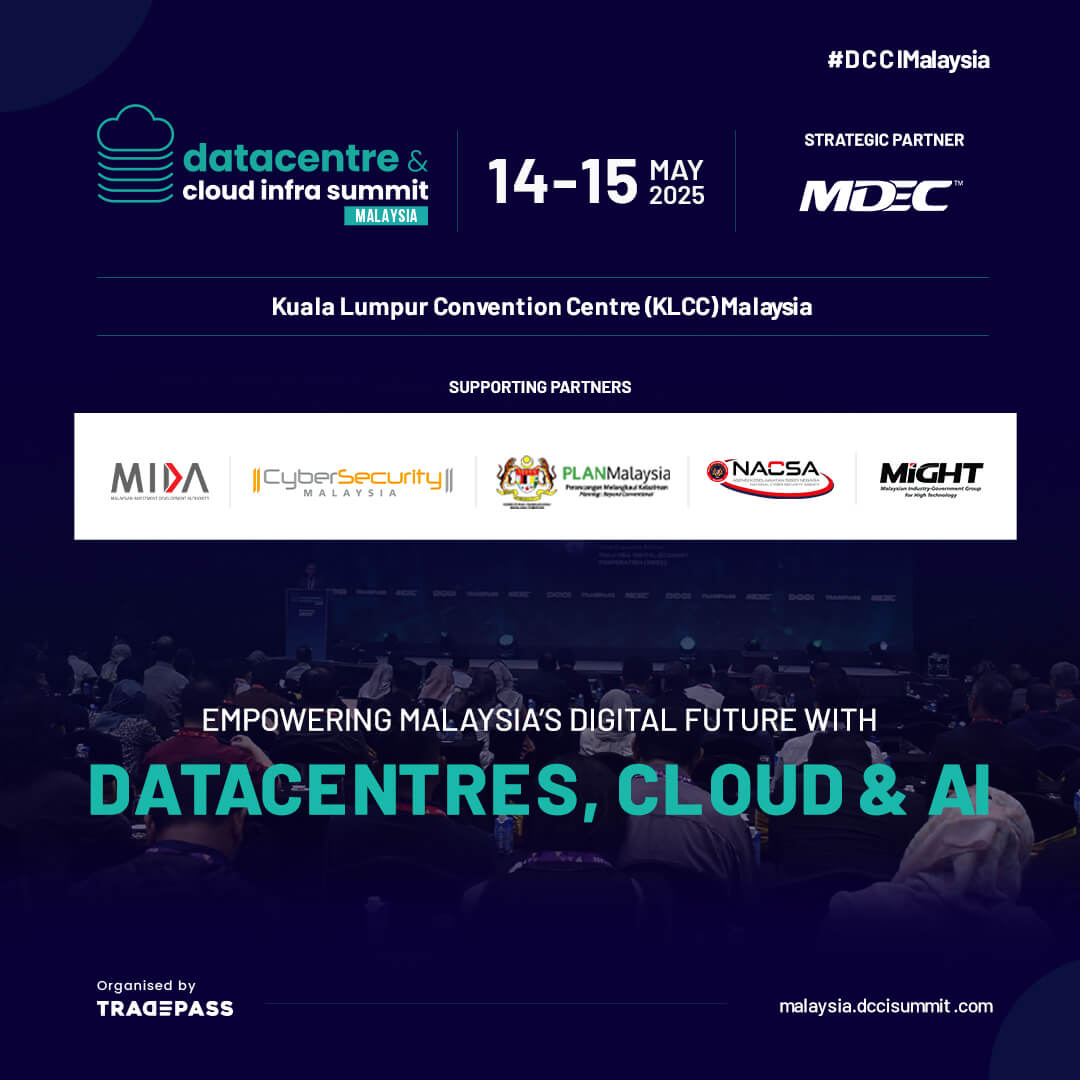Heaptalk, Jakarta — Amazon’s Low Earth Orbit (LEO) satellite project, Amazon Kuiper, explores strategic cooperation with Indonesia’s Ministry of Communication and Digital Affairs (Komdigi) to extend internet connectivity to remote and underserved areas, commonly referred to as 3T regions (frontier, outermost, and underdeveloped), while reinforcing the nation’s digital transformation agenda.
Minister of Communication and Digital Affairs Meutya Hafid emphasized the pivotal role of satellite technology in bridging the digital divide, particularly in geographically challenging locations.
“We welcome Amazon Kuiper’s objective to bolster Indonesia’s digital connectivity expansion. Our doors are open to investments and new technologies that can help us achieve nationwide internet access,” Minister Meutya said.
In this strategic measure, this United States-based company plans to invest its initial US$20 million funds to establish six gateway stations in the Archipelago. The injection will be deployed three to five years after the project’s release. This investment value is projected to increase to about US$90 million by 2035, in alignment with Kuiper’s strategy to expand infrastructure and enhance internet access across various regions, Katadata report.
Currently, Amazon Kuiper remains under the effort to gain operational permission in Indonesia, including telecommunications licensing and satellite leasing rights, in line with updated regulations allowing foreign entities to operate with a Business Identification Number (NIB).
“We recognize that connectivity remains a significant challenge in many remote areas. Therefore, we are eager to collaborate with the government and local partners to expand internet access for communities across Indonesia,” said Gonzalo de Dios, Global Head of Licensing and International Regulatory Affairs at Amazon Project Kuiper.
Meutya further noted that this technology has the potential to enhance Indonesia’s digital ecosystem by empowering small and medium-sized enterprises (SMEs) and improving public services such as e-government, e-health, and e-education.
“Our goal is to ensure that every citizen, regardless of location, has equal access to digital technology. With investment and innovation from private sector players, we can accelerate digital transformation and unlock greater societal opportunities,” she added.













